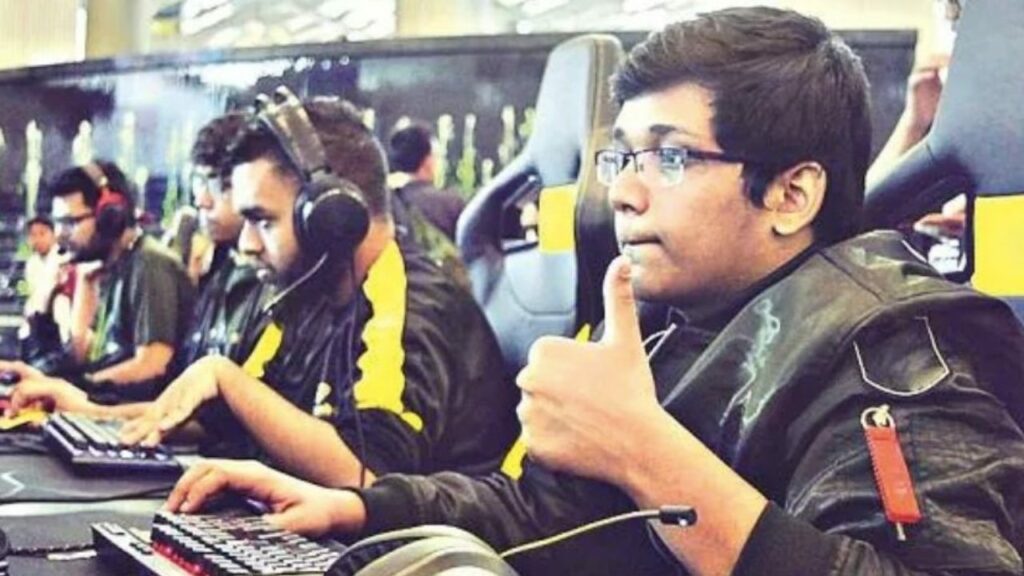This is an Exclusive Blog by Dr. Aruna Sharma – Practitioner Development Economist and Retd. Secretary (Govt of India)
The growth story of iGaming in India with the potential to become a $5 billion industry is catching the attention of global investors, developers, and other industry stakeholders due to its increasing user base, developers’ community, and gaming platforms.

Indian gaming industry witnessed a 28% CAGR between FY 22-23 and this did not go unnoticed by the government and its tax authorities to estimate how the surge in the profits of the online gaming companies can contribute to the increased tax revenues simultaneously.
However, a major fallout of a high tax rate has been the devastating impact on the industry, especially smaller companies, gamers, and developers. The critics who commented on this development believed that these changes could have a crippling effect on the small and big players in terms of their contributions to the growth and innovation potential of the sector.
iGaming has been subjected to turmoil due to policy blockages, retrospective taxes, and a sketchy regulatory framework. The initiative by MeITY to introduce rules under the IT (Amendment) Act, 2023 has enabled the bringing of iGames of Skill on electronic platforms under the ambit of the Central government.
The implementation of IT Rules, 2023 including iGaming intermediaries has been a prospective and positive development. The iGaming industry through the Self-Regulatory Bodies (SROs) can come together to form rules of conduct and set norms for peer groups to address concerns of regulators in terms of misuse of online gaming or gambling. The center is also deliberating on suggestions to decide the parameters to distinguish the games of skill from that of chance through which games of chance will continue to be regulated by State Governments under the Gambling Act.
However, the government’s indifference to the implementation of the new uniform 28% tax on the games of skill without considering the distinguishing parameters with that of games of chance has discouraged such gaming platforms. While the government aimed to curb the risks and crimes arising from real money games or games of chance, imposing a high tax rate and serving retrospective tax notices to the iGaming companies has instead dealt a blow to the industry and further revealed the flaws of such a high tax rate.
Further, the imposition of a 28% tax has discouraged skilled gamers as GST is being imposed on all real money games for all the bets placed without deduction of prize money, which is distributed to winners and does not come under Goods or Services taxation. Thus, it is causing great injury to the iGaming industry as the taxation is more than its earnings.
The DGI has so far issued notices for retrospective tax dues for the period 2017–2022 to over 40 online real-money gaming companies, which comes to a staggering amount of over Rs 1.5 lakh crore. For instance, one of the iGaming companies with a profit of Rs142 crore received a tax notice to the tune of Rs25000 crores over the last five years with a penalty making the entire notice nothing but ridiculous and arbitrary. Thereby, to ensure growth and a conducive environment for the burgeoning online gaming industry the distinguishing line between games of skill and that of chance should be established.
Additionally, it is also necessary to separately account for the prize money in an escrow which is subjected only to income tax (TDS of 30%) from the winner’s earnings and the winner should not be liable to pay such a high tax on total value of all the bets placed. In a nutshell, prize money cannot be under GST and shall be separated from the betting money.
The government should also put an end to its streak of serving tax notices retrospectively and instead pursue prospective tax measures in implementing the uniform 28% GST. The temporary relief through court interventions from the pain of high tax demand notices served is not going to provide an instant resolution to this menace.
A high-level inter-ministerial committee has to resolve this issue besides providing mechanisms to prevent money laundering. The delays in deliberating over an effective regulatory mechanism come with a danger of India losing the opportunity to become a hub for iGaming developers and operators. A study from the Electronic Gaming Federation and the Indian Statistical Institute (ISI) has found that the players are optimistic about the potential of the online skill gaming industry in India despite a high tax rate.
However, the extreme decisions by the government, regulatory instability, and abrupt policy changes in India could instead create a high-risk environment for the iGaming industry and its stakeholders.











